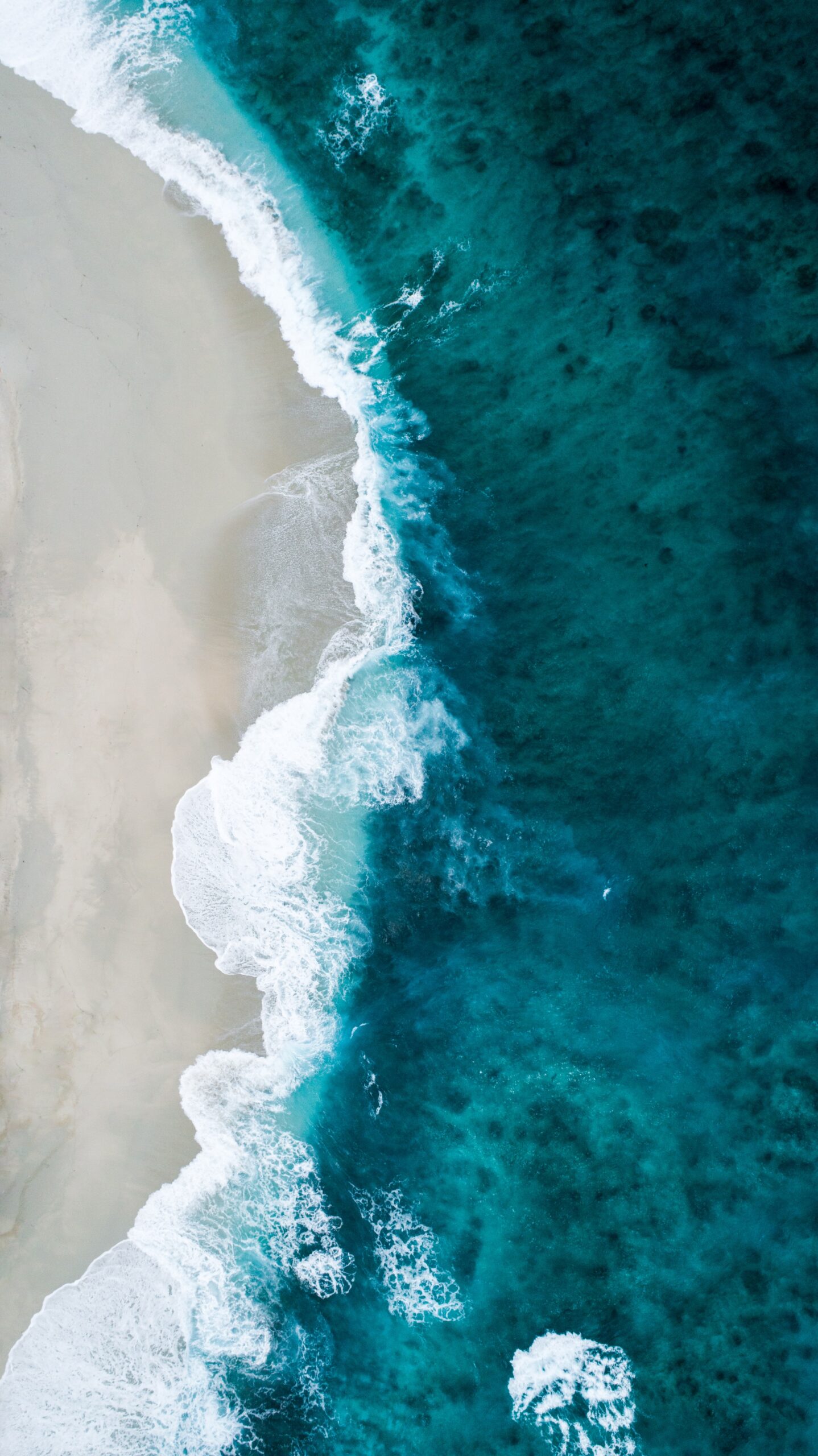Photo by Shifaaz Shamoon on Unsplash
Lapis lazuli
On a Sardinian beach, the ambulant vendor shifts through white vesicles from lapis lazuli waves straight into my eyes, then stops at the border of my towel, bare feet boiling in sand. A silvery man. The woman-snake on my left hisses to ignore him, People like him. Tangible hostility without proper speech, but I am twenty, not to be muted, and ask forgiveness for People like her. Drawing him in. He shrugs off rudeness with jewellery, a deliberate habit. As the thought of his daughter, worth no more than lapis lazuli in Kabul. His love unaccounted. You have her voice, he tells me, and wise eyes. Two girls of the same age, twinned over iniquitous geography, he exempts me from my own kind – oily sun-beggars spread over this sandwich of beach. To them, he is the beggar, exempt from humanity. Acquiescing to invisibility, and this gritty business made him almost forget who he used to be there – a professor of humanities. It feeds his family, the unequivocal taste of exile. But he’ll take them home when the terror has silted. Where the streets smell of roses, asphalt, sweat, and pulao, of mothers. Where my girls will be scholars reclaiming their history, where women will reign. Where is he now, twenty years later, to see Kabul fall again, its daughters imprisoned in the cage of their gender, of clothing not quite lapis lazuli, but lapis indeed? Their lives and hopes carved in stone.
